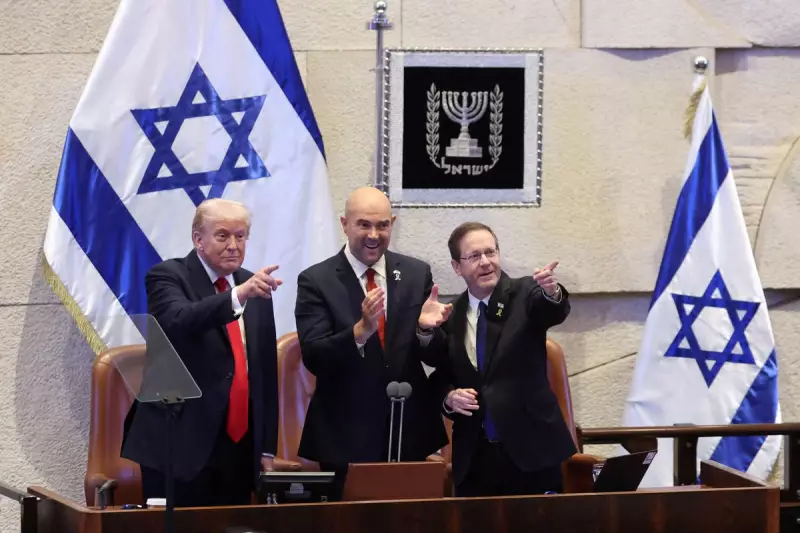
In a stunning revelation that has sent shockwaves through diplomatic circles, former US President Donald Trump allegedly offered to pardon Israeli Prime Minister Benjamin Netanyahu during a private address to Knesset members.
The Controversial Offer
According to multiple sources familiar with the matter, Trump made the extraordinary pledge during his speech to Israeli lawmakers, suggesting he would use his presidential powers to shield Netanyahu from potential legal consequences. This unprecedented offer raises serious questions about the boundaries of diplomatic relations and the potential misuse of executive power.
Political Fallout and Reactions
The revelation has sparked intense debate among political analysts and legal experts on both sides of the Atlantic. Many are questioning the ethical implications of a sitting US president offering legal protection to a foreign leader facing domestic legal challenges.
Legal scholars have pointed out that such an offer, while constitutionally possible for a US president, represents a significant departure from established diplomatic norms and could be interpreted as interference in another nation's judicial processes.
Broader Implications
This development comes at a sensitive time in US-Israel relations and adds another layer of complexity to the already intricate diplomatic landscape. The timing and nature of the alleged offer have raised eyebrows among foreign policy experts who monitor the special relationship between the two nations.
Political commentators suggest this revelation could have lasting consequences for how future US administrations approach diplomatic relations with Israel and other key allies, potentially setting concerning precedents for presidential intervention in foreign legal matters.
Ongoing Investigations
While details continue to emerge about the exact context and timing of Trump's remarks, the story has already generated significant international attention. Journalists and political analysts are closely examining the potential ramifications for both leaders' political futures and the broader US-Israel partnership.
The controversy underscores the delicate balance between diplomatic friendship and maintaining appropriate boundaries in international relations, particularly when domestic legal issues intersect with foreign policy considerations.





